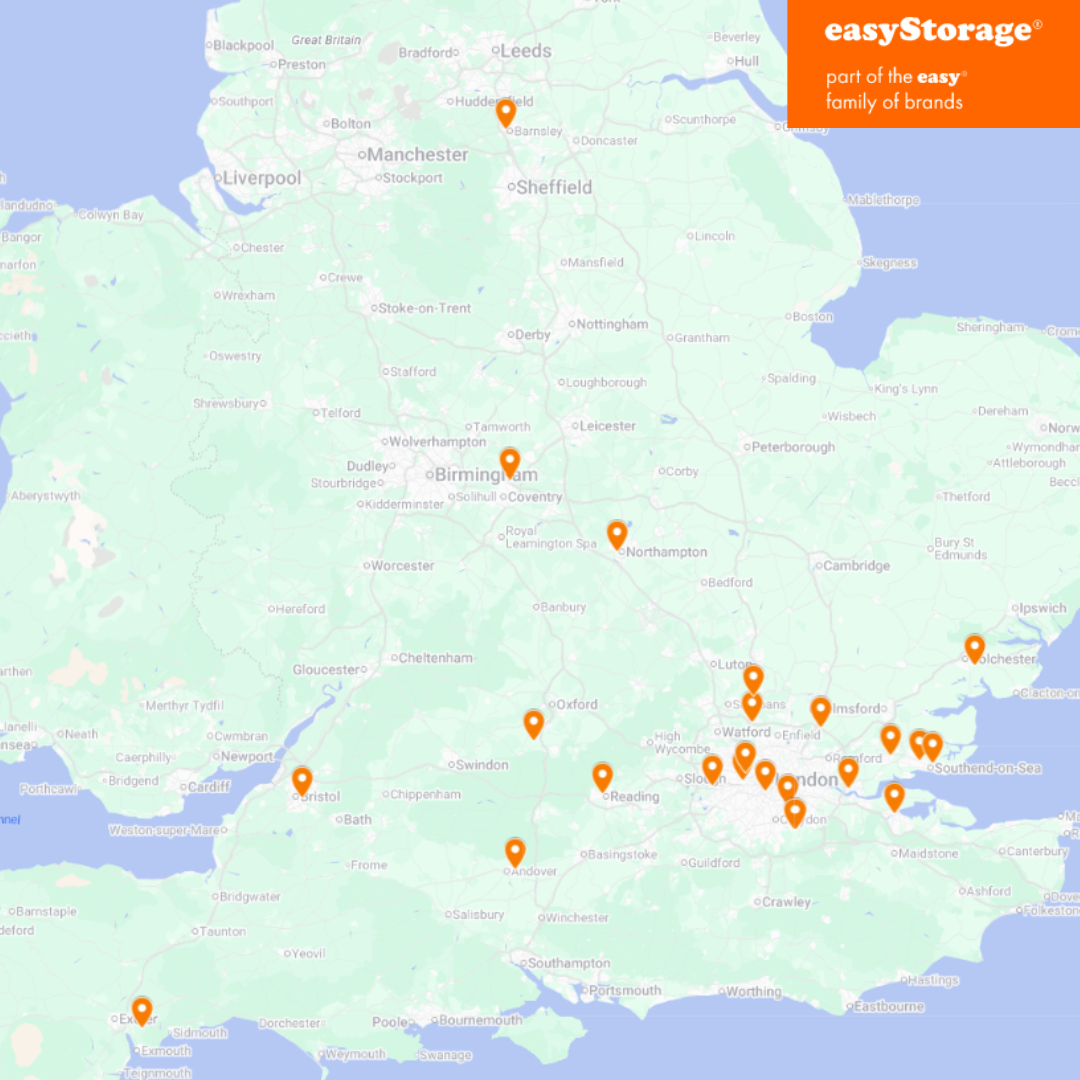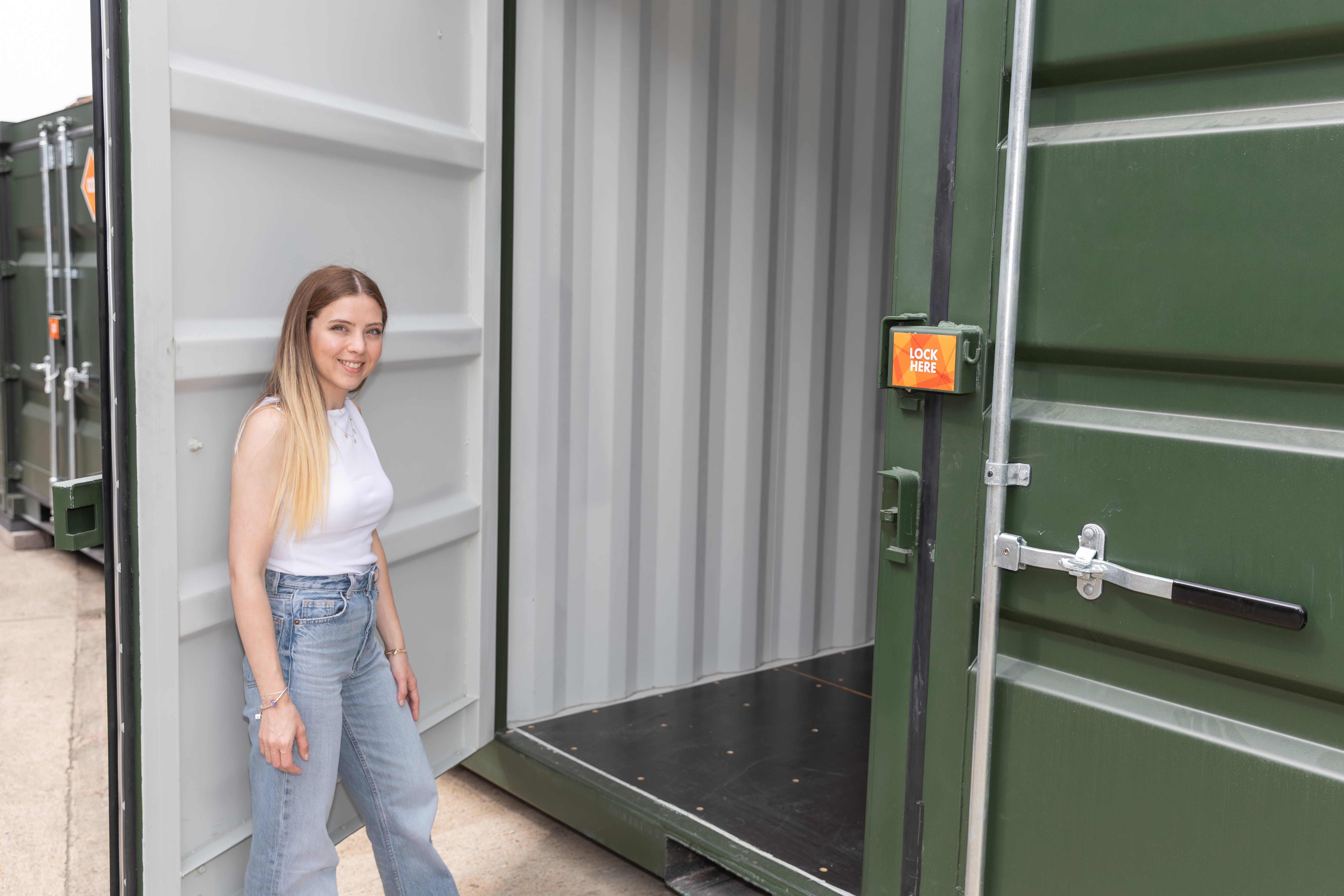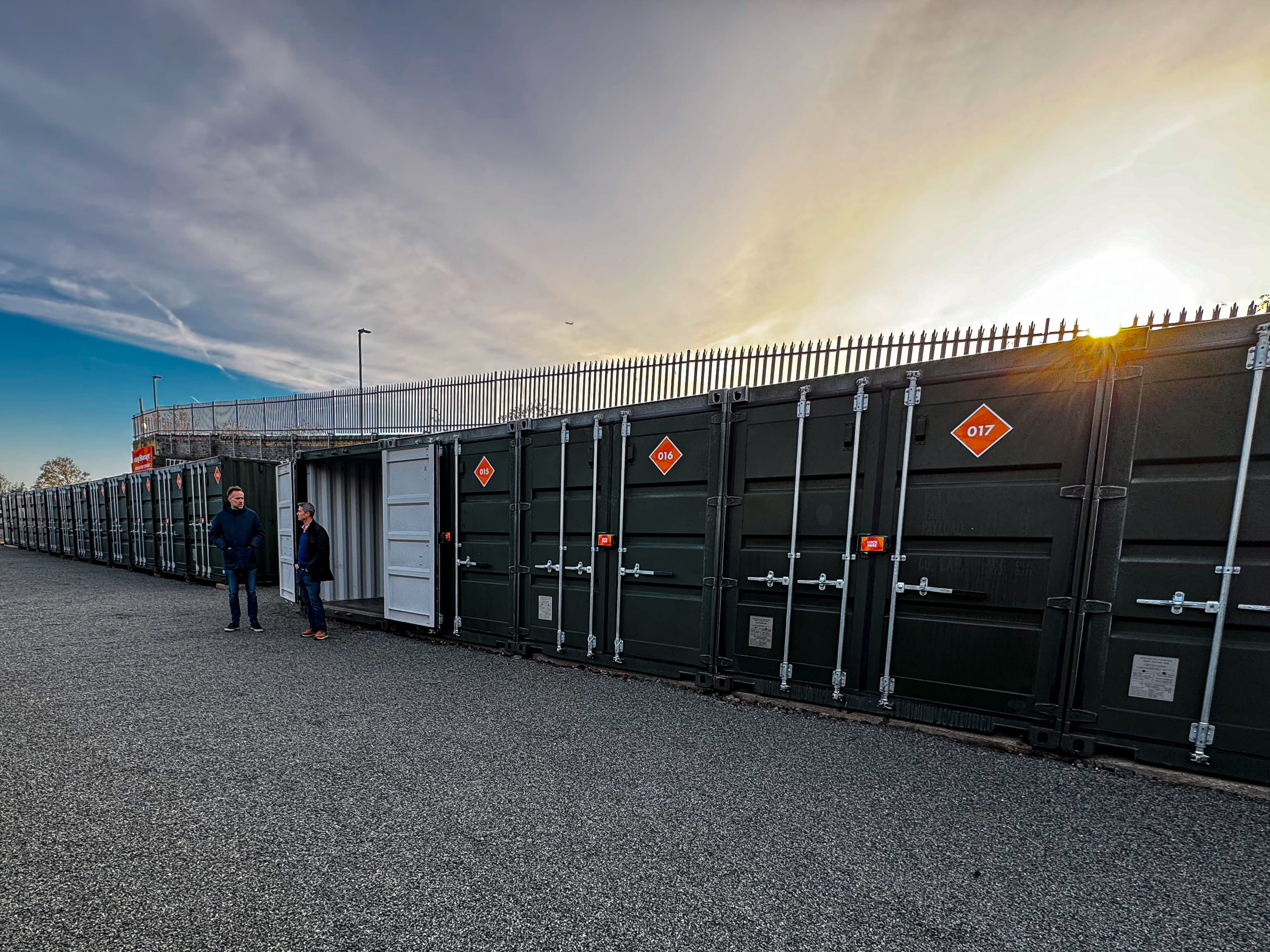International Archive Week: A Business Storage Special
In 2019, the ICA (International Council on Archives) introduced International Archives Week (IAW), where organisations worldwide share their events and participate alongside ICA to promote the value and importance of archives and archivists. It’s been held annually ever since, and today we celebrate the last day of a long week focussing on archiving.
Keeping records is, perhaps, the boring underbelly of running a business, but an essential one.
Whether for tax or legal protection issues, essential business records that need to be kept for 3-7 years as standard and up to 50 in the case of hazardous substances records, include:
· Accounts and taxes
· Employment records from recruitment to several years past when someone leaves
· Personal income records for the self employed
· Health and safety records.
Additionally there are data protection regulations that mean business must NOT keep certain information/data past a certain date.
Useful resources:
· CIPD
· HMRC
· ICO advice on GDPR and the DPA
· Information and Records Management Society

Managing the archives
For businesses, managing that documentation is a hefty amount of management on top of other routines.
Having a system for archiving the information according to what date it can be destroyed, but knowing what is where in order to retrieve it becomes important, not only legally but practically. Keeping things for longer than needed wastes valuable space.
And whilst anyone can organise files their own way, an effective records management plan also meets the business needs.
That may be an electronic filing system, physical storage, or, more usually, a hybrid of both.
Storage
If documents are neglected or stored incorrectly, they can deteriorate and therefore the records be lost forever.
Heat and damp can mean paper becomes brittle or mouldy, and light causes fading and yellowing. Over time, rolled papers can become difficult to unroll, and folded papers become fragile along the folds and may rip as opened.
Paperclips rust, and rubber bands harden, break and can stick to paper. Using folders to group things makes more sense. Store flat somewhere dark, dry and cool in good quality containers.
Newspaper is highly acidic and often causes damage to other papers. So if you keep newspaper clippings, perhaps a record of a big event or of a recruitment advert (important when looking at equality and diversity), keep these away from other documents. (The safer, long-term option is to photocopy onto high-quality archival, acid-free paper.)
As you are storing flat, as paper will ideally be, make sure the box is big enough, but not so big that it is too heavy to lift. (Around 10kg seems to be a manageable size for papers.)
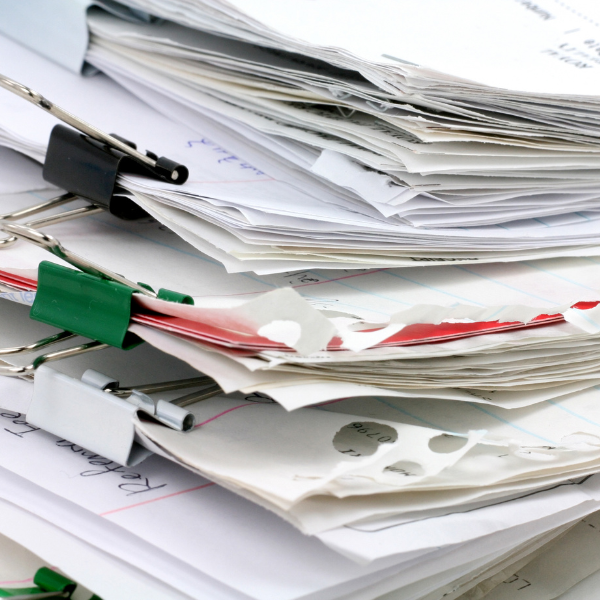
Exciting News
You’ve heard it here first: in an exciting end to International Archive Week, easyStorage Oxford will open the first easyStorage document archiving unit next month, July 2022.
Based in Steventon (OX13), the space will be dedicated to document archiving, offering a secure space for regulated paperwork.
Whilst generally there is a move towards companies holding records digitally, for many, smaller companies and companies where original contracts etc need holding, or where the resources for digitising aren’t available, the service promises to be a simple one.
easyStorage can collect and return sealed archiving boxes (which they can supply if required) or allow companies to deliver and collect (with appropriate authority of course). Boxes arrive and are returned sealed.
At the end of the statutory holding period, companies can request that the contents are safely destroyed, which can be done by easyStorage without increasing landfill.
The Steventon service is viewed as the first location of the archiving service which easyStorage will ultimately roll out across the UK.
(For further information contact Alex Glass, easyStorage Thames Valley, on 01865 950804.)
.png)
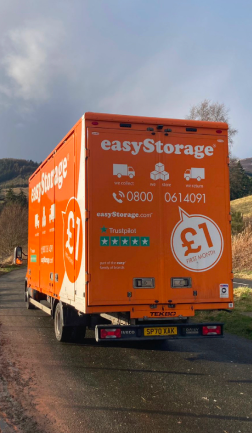
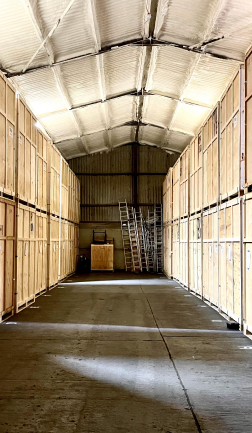
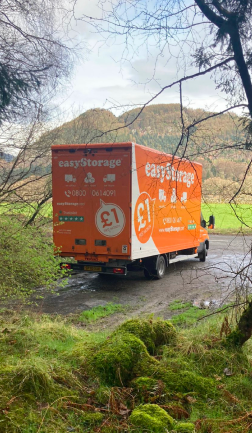
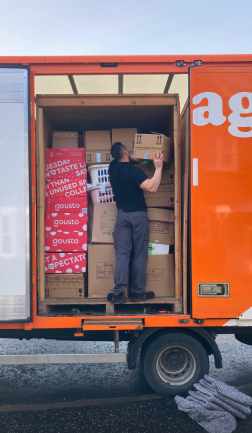
.png)

.png)
